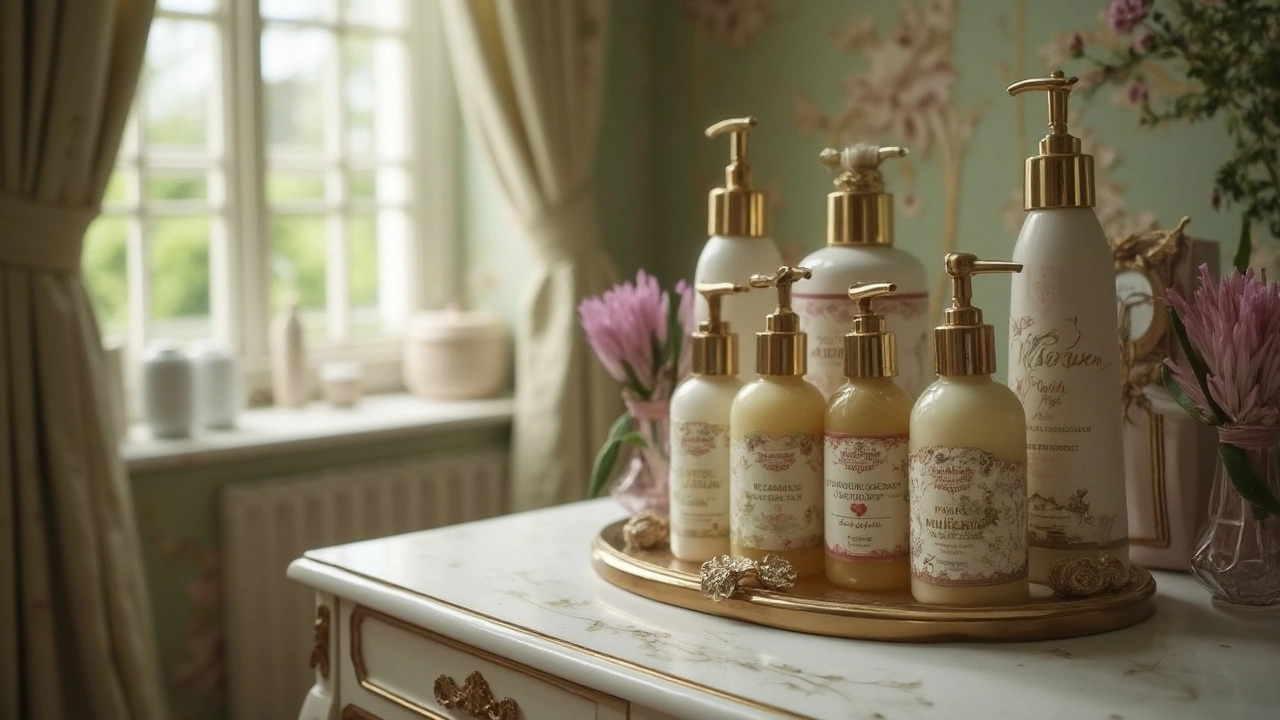Cosmetic Product Basics: What to Know Before You Buy
If you’ve ever stood in the aisle staring at a sea of bottles, you’re not alone. A cosmetic product can be anything from a simple lipstick to a high‑tech serum, but the key is knowing what works for you. Start by asking: what problem am I trying to fix? Is it coverage, hydration, or maybe a little lift? Pinpointing the purpose narrows down the endless options.
Everyday Essentials Every Beauty Bag Needs
Three everyday cosmetic products that truly make a difference are a good foundation, a versatile mascara, and a reliable sunscreen. Foundation evens out skin tone, but choose one that matches your undertone and offers the finish you like – matte for oil‑prone, dewy for dry. Mascara adds instant drama; waterproof formulas survive sweat and tears, while lengthening types give that eye‑opening feel. Sunscreen isn’t optional; a broad‑spectrum SPF 30 protects against premature aging and keeps your skin healthy for any makeup you layer on top.
These basics are mentioned in our popular post “Three Everyday Cosmetic Products and How to Use Them Like a Pro.” Follow the same logic for any new product: know its main job, test shade or texture, and see if it fits your routine.
Pro‑Preferred Picks and What Makes Them Stand Out
Professional makeup artists often swear by a handful of brands that deliver consistent performance under studio lights. Our “Top Makeup Brands Professional Makeup Artists Love in 2025” breaks down why formulations, pigment payoff, and blendability matter on set. Look for products that stay put, have a wide colour range, and resist sweating. Brands that invest in hypo‑allergenic formulas also tend to be kinder to sensitive skin, which is a win‑win for everyday users.
When you hear that a brand is a best‑seller, like in the “Top‑Selling Makeup Brands” article, it usually means the products have proven track records. Still, popularity doesn’t guarantee a perfect match for you, so always swatch or test before committing.
Choosing the right cosmetic product isn’t rocket science, but it does need a bit of homework. Check the ingredient list for potential irritants – fragrance, alcohol, and certain preservatives can cause breakouts. If you have specific skin concerns, look for actives like niacinamide for oil control or hyaluronic acid for hydration.
Budget matters too. High‑end isn’t always better, and many affordable brands pack the same performance. Our “Best Affordable Skincare Brands: Your 2025 Guide to Glowing Skin on a Budget” shows how to spot quality without overspending. Compare price per ounce, read real user reviews, and don’t forget to factor in how long a product lasts.
Lastly, keep your tools clean. A fresh brush or sponge prevents bacterial buildup and ensures the product you apply is exactly what the brand intended. Cleaning your applicators once a week can extend the life of both the tools and the cosmetic product itself.
Whether you’re building a basic kit or expanding into pro‑grade gear, the same principles apply: know the purpose, test the match, watch the ingredients, and stay within budget. With these simple steps, you’ll navigate the cosmetic product aisle with confidence and get the most out of every purchase.
Is Lotion Truly a Cosmetic Product?
Ever wondered if lotion counts as a cosmetic product? Let's explore what makes a product 'cosmetic' and see where lotion fits in this category. We'll break down the different types of lotions out there and share some fun facts about their uses. Get ready to learn everything about lotions and how they fit into your beauty routine.

